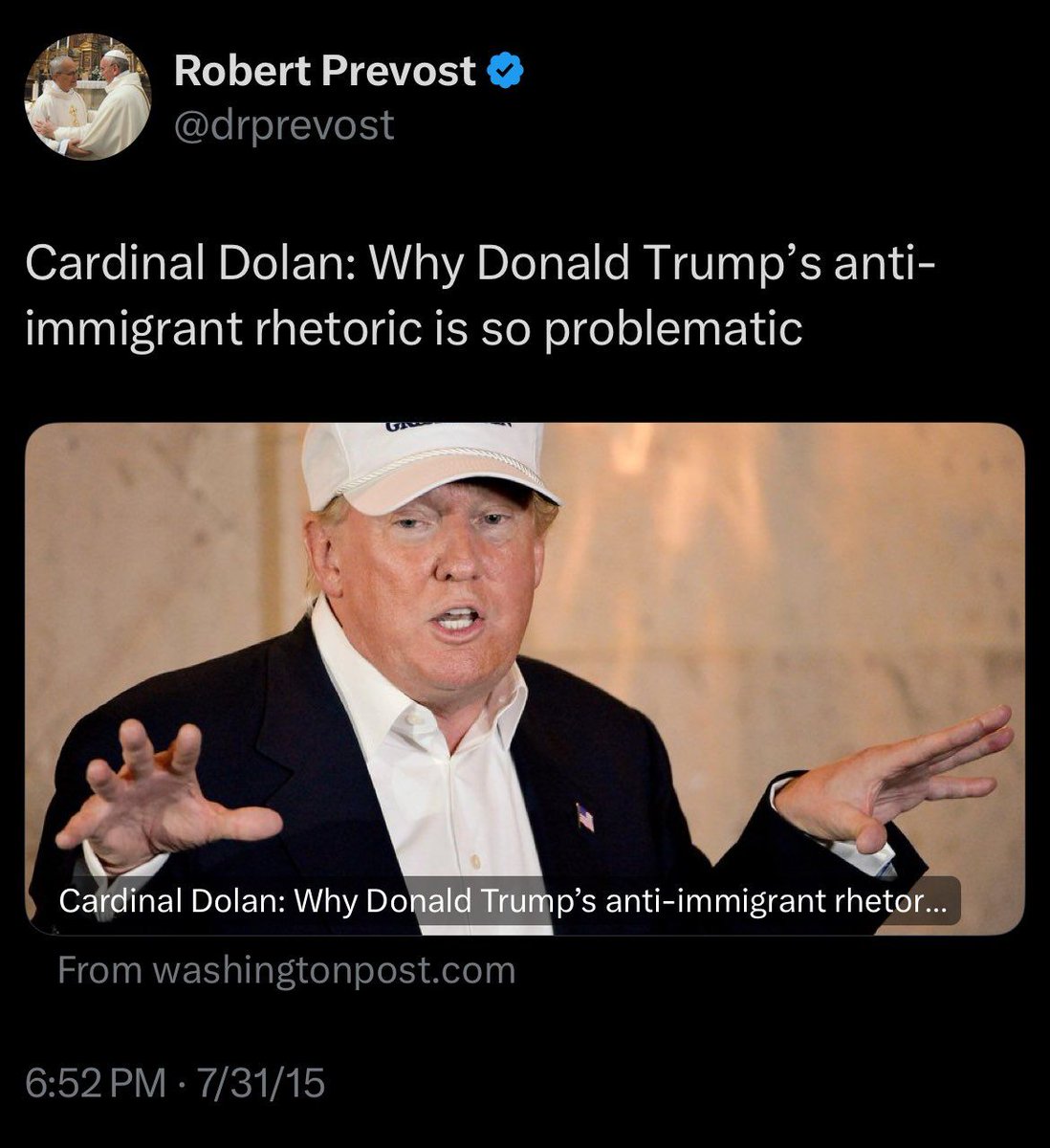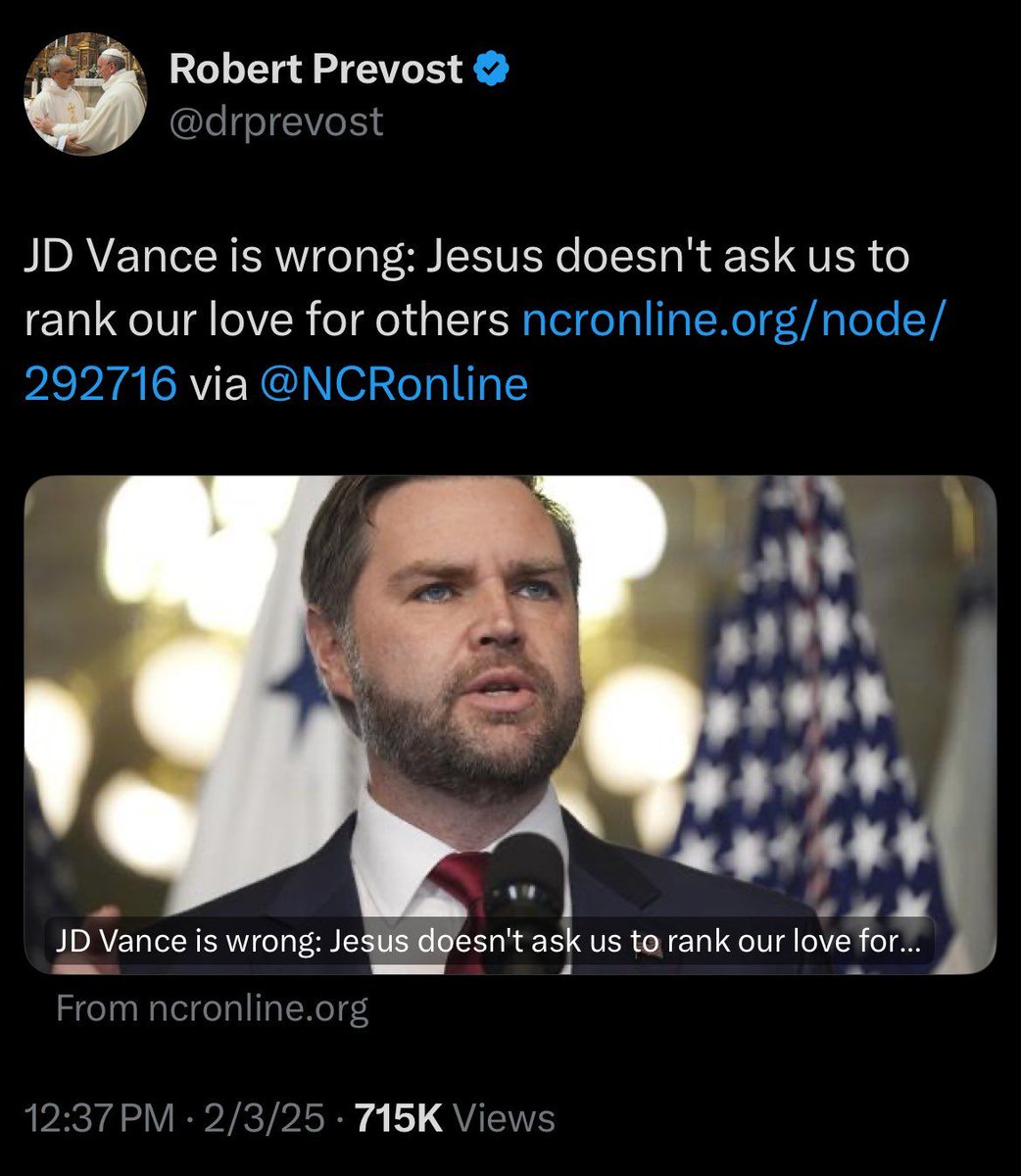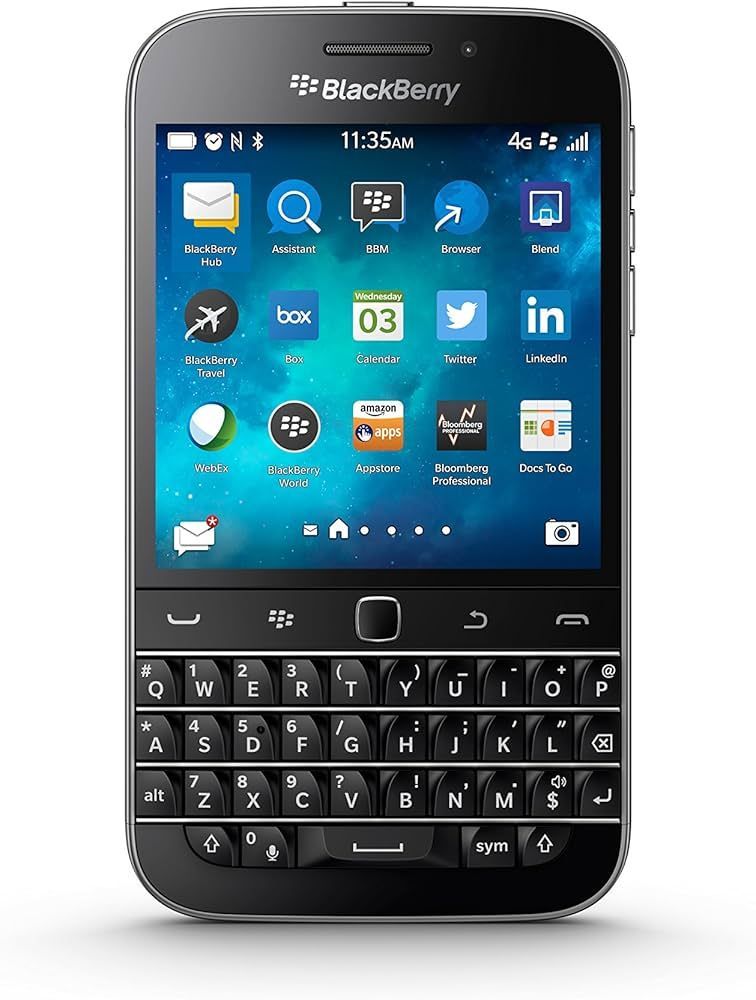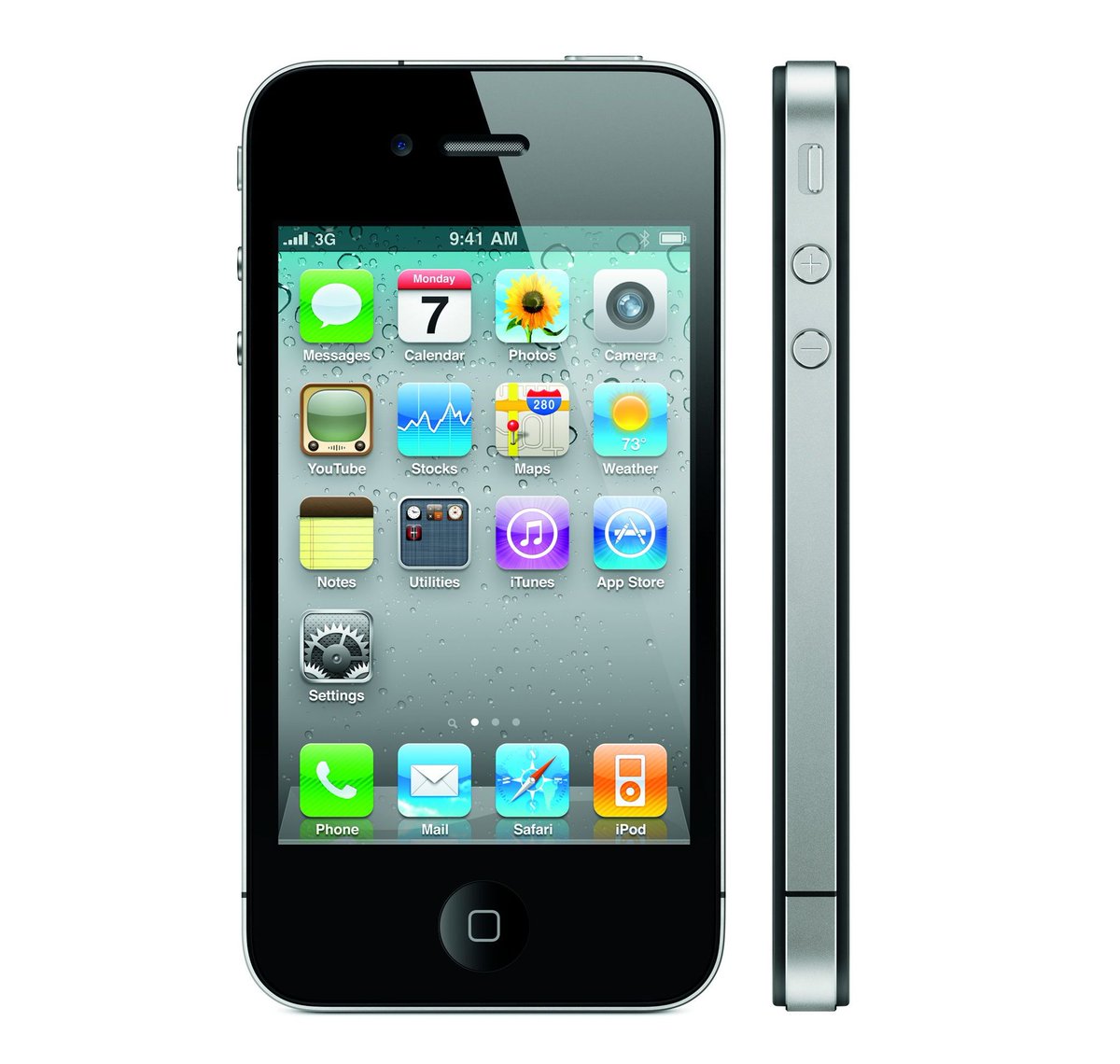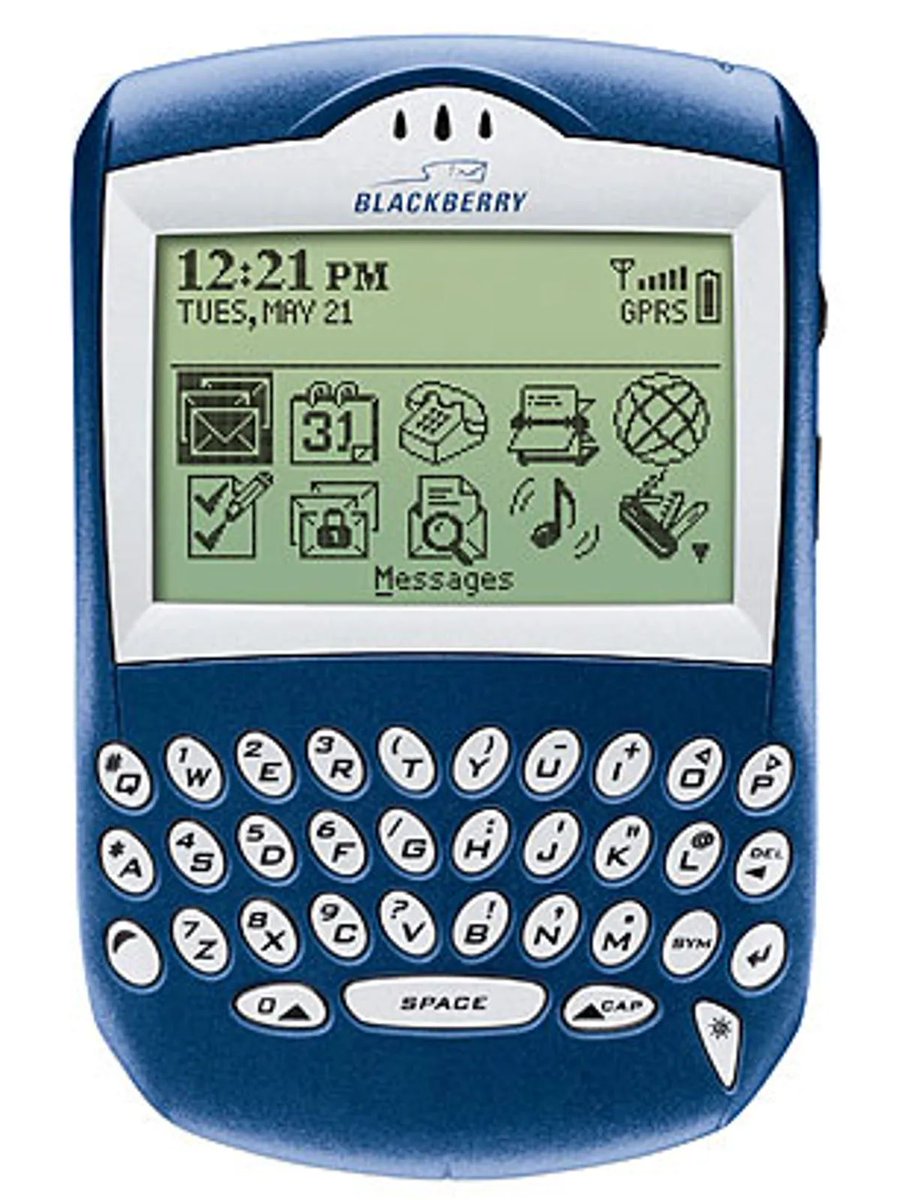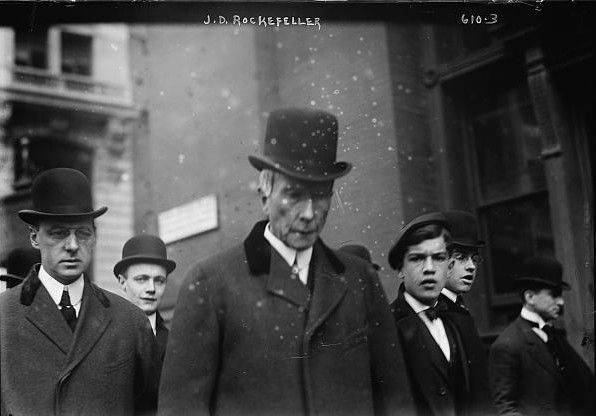Facebook once bought an Israeli VPN app for $120 million.
Why?
To spy on over 33 million users.
This was their hidden strategy to eliminate the competition.
Next, they:
• Bought WhatsApp for $19 billion.
• Cloned Snapchat before it became popular.
🧵
Why?
To spy on over 33 million users.
This was their hidden strategy to eliminate the competition.
Next, they:
• Bought WhatsApp for $19 billion.
• Cloned Snapchat before it became popular.
🧵
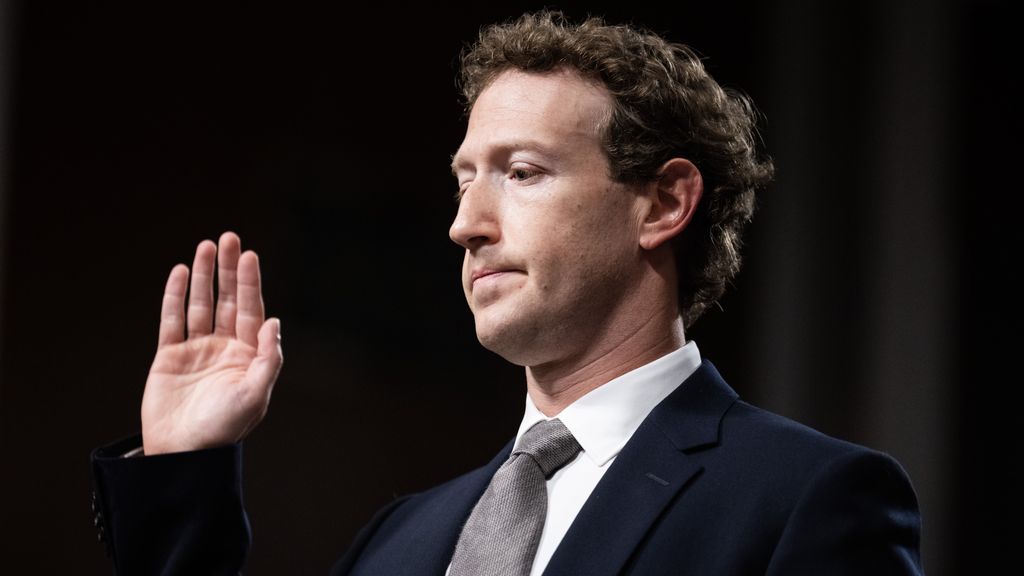
In 2013, Facebook bought an Israeli startup, Onavo VPN, for $120 million.
Onavo looked like a normal VPN.
You installed it. It encrypted your traffic. And promised to keep you private.
But behind the scenes, it was routing all your internet activity through Facebook’s servers.
Onavo looked like a normal VPN.
You installed it. It encrypted your traffic. And promised to keep you private.
But behind the scenes, it was routing all your internet activity through Facebook’s servers.
Here's how it worked:
If you routed your internet traffic through Onavo VPN...
Facebook could see:
• Every app you opened
• How long you used it
• Which sites you visited
• When and how often you used them
33 million users installed it with no idea what it was tracking.
If you routed your internet traffic through Onavo VPN...
Facebook could see:
• Every app you opened
• How long you used it
• Which sites you visited
• When and how often you used them
33 million users installed it with no idea what it was tracking.

But why did all that matter?
Because Facebook could now see which apps were gaining momentum before anyone else could.
It was like having access to the App Store’s leaderboard in real time—but with even more detail.
For Facebook, it was a goldmine.
Because Facebook could now see which apps were gaining momentum before anyone else could.
It was like having access to the App Store’s leaderboard in real time—but with even more detail.
For Facebook, it was a goldmine.
That intel changed how Zuck made big decisions.
• It helped justify the $19B WhatsApp acquisition
• It revealed Snapchat was exploding in growth
• It showed what features users were obsessed with
And once they saw the trend?
They moved—Fast.
• It helped justify the $19B WhatsApp acquisition
• It revealed Snapchat was exploding in growth
• It showed what features users were obsessed with
And once they saw the trend?
They moved—Fast.
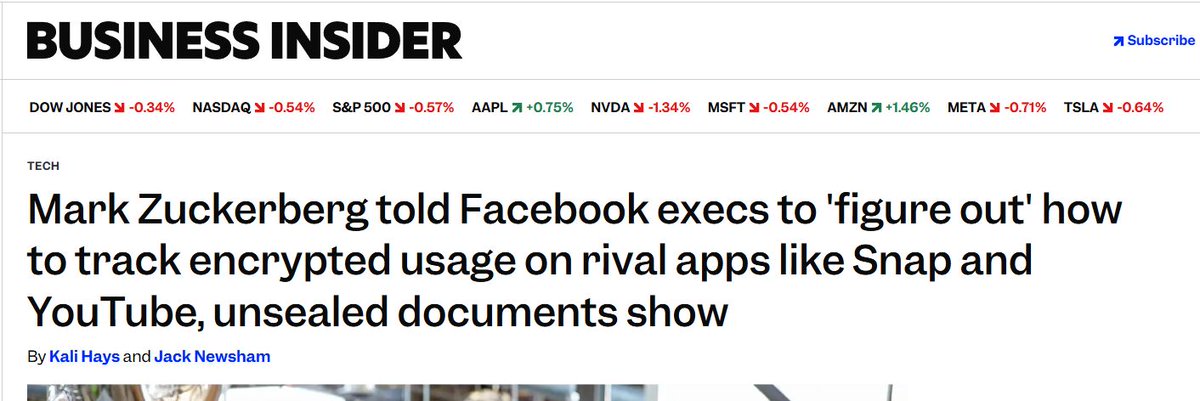
Internally, they even had a name for it:
Project Ghostbusters (A nod to Snapchat’s ghost logo).
Their goal?
Get in-depth analytics on competitors like Snapchat, YouTube, and Amazon.
This leaked email from Zuck proves just how important this was to Facebook.
Project Ghostbusters (A nod to Snapchat’s ghost logo).
Their goal?
Get in-depth analytics on competitors like Snapchat, YouTube, and Amazon.
This leaked email from Zuck proves just how important this was to Facebook.
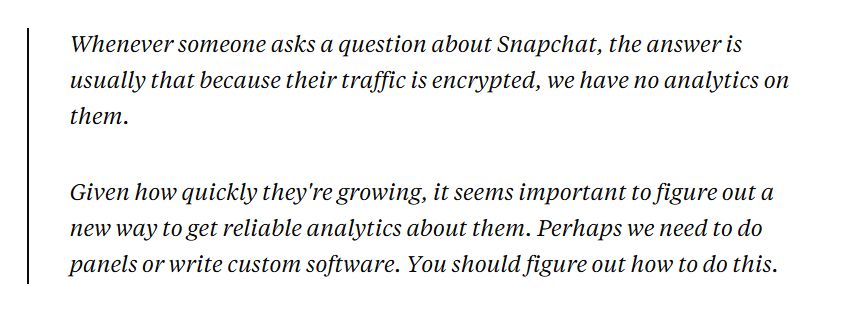
Snapchat was a real threat since their traffic was encrypted.
When they refused to sell for $3 billion, Facebook did the next best thing:
They copied it.
They launched Instagram Stories in 2016.
A direct clone.
Fueled by usage trends they could see through Onavo.
When they refused to sell for $3 billion, Facebook did the next best thing:
They copied it.
They launched Instagram Stories in 2016.
A direct clone.
Fueled by usage trends they could see through Onavo.
For years, their strategy with Onavo worked.
• 33M+ installs.
• Unlimited access to app-level usage.
• A goldmine of data for Facebook’s M&A, growth, and product strategy.
But then came the blowback...
• 33M+ installs.
• Unlimited access to app-level usage.
• A goldmine of data for Facebook’s M&A, growth, and product strategy.
But then came the blowback...

In 2018, Apple banned Onavo from the App Store—calling it a privacy violation.
By 2019, Facebook had to shut the whole thing down.
Later, regulators came knocking.
The Australian Competition Commission sued Facebook over Onavo’s “misleading” privacy claims.
By 2019, Facebook had to shut the whole thing down.
Later, regulators came knocking.
The Australian Competition Commission sued Facebook over Onavo’s “misleading” privacy claims.

Onavo gave Facebook a crazy edge.
But it came at a cost.
• They lost user trust
• Sparked regulatory backlash
• Exposed how deep Facebook would go to stay dominant
Onavo became a case study in how unethical surveillance strategies eventually implode.
But it came at a cost.
• They lost user trust
• Sparked regulatory backlash
• Exposed how deep Facebook would go to stay dominant
Onavo became a case study in how unethical surveillance strategies eventually implode.
Strategically, it’s brilliant.
Turning user data into signal.
Using it to beat competitors.
Making decisions other execs would’ve guessed at.
But ethically?
It blurred every line.
You can win fast that way.
But the crash comes just as fast.
Turning user data into signal.
Using it to beat competitors.
Making decisions other execs would’ve guessed at.
But ethically?
It blurred every line.
You can win fast that way.
But the crash comes just as fast.

Here’s the big lesson:
Yes, market intelligence beats guesswork.
But how you get that intel also matters.
Facebook used user privacy as a strategy.
It worked.
But it also cost them public trust, product credibility, and regulatory goodwill.
Would you take that trade?
Yes, market intelligence beats guesswork.
But how you get that intel also matters.
Facebook used user privacy as a strategy.
It worked.
But it also cost them public trust, product credibility, and regulatory goodwill.
Would you take that trade?
If you liked this thread, follow me @The_SocialCode for more untold stories and deep dives into business, money, and the power plays shaping the world.
• • •
Missing some Tweet in this thread? You can try to
force a refresh




